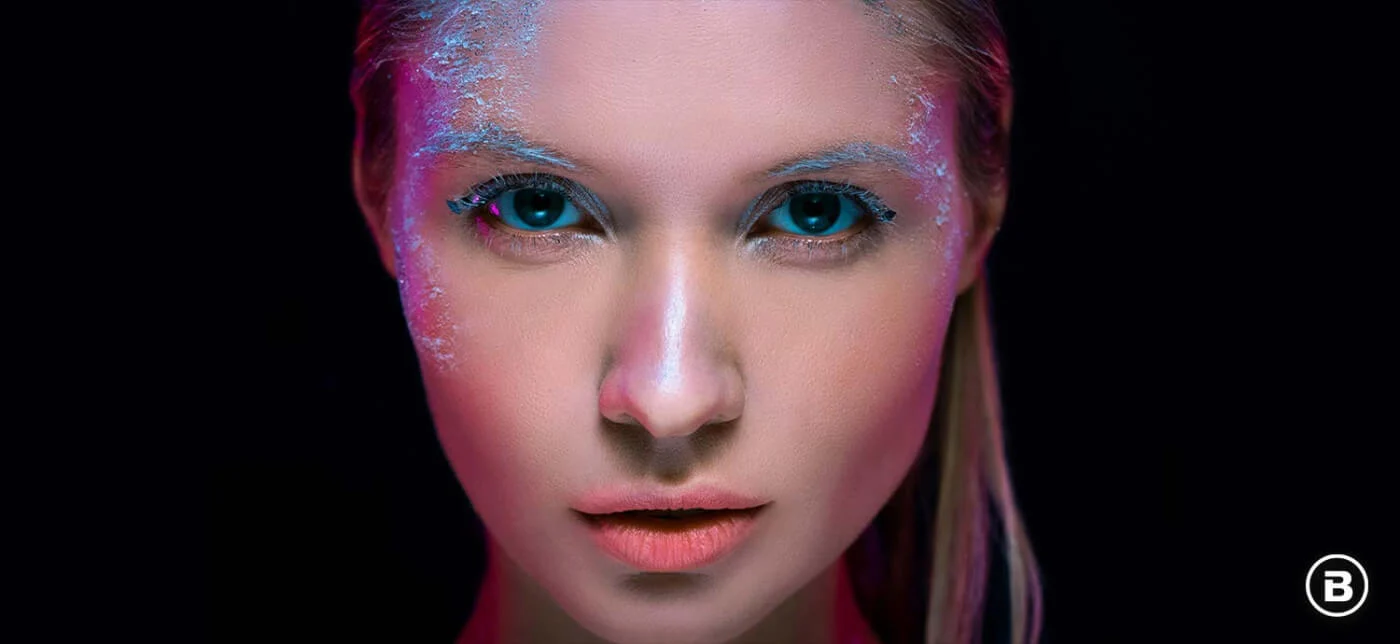Keep pace with the rapidly evolving fintech industry by subscribing to the BIGcast Network. Get weekly insights from industry leaders John Best and Glen Sarvady, delivered straight to your preferred podcast platform. Join our community and stay informed about the latest trends shaping the credit union industry. Subscribe today and ensure you’re always ahead of the curve.

Artificial Intelligence, Intellectual Property, and Missing the Point on “Her”
Let’s start with the presumably obvious: Generative AI is a transformative technology. It’s not going away, and it’s poised to alter countless business processes- in mostly constructive ways, if we play our cards right.
At the same time, Gen AI’s sheer power and potential for misuse also beg for the swift establishment of rules of engagement. Since technology always advances faster than the gears of bureaucracy, industry leaders have both an opportunity and a societal obligation to establish a framework of guardrails rather than wait for regulation to be imposed on them.
OpenAI’s introduction of voice-enabled GPT-4o (less than a month ago, though it seems FAR longer) is an idea case study. The Gen AI leader’s public unveiling generated massive attention, and also practically screamed, “People, please pay attention and get ahead of this!”
Goading Scarlett Johansson into a public spat is a sure-fire recipe for going viral- there’s no such thing as bad publicity, right?- but the resulting buzz skirts many of the relevant issues, in my view.
OpenAI seemed perfectly happy for the public to infer a connection between ScarJo’s voice bot in the movie “Her” and its new product feature, which is pretty bizarre once you unpack it. After all, things end badly for Joaquin Phoenix’s human user of the voice assistant in that 2013 film. How can I resist pointing out that John Best and I flagged these unpleasant parallels more than a year ago on this BIGcast? (https://www.big-fintech.com/Media?p=chatgpt-dont-you-just-love-it )
Kevin Roose did an excellent job summarizing the recent GPT-4o rollout in this NY Times article (https://www.nytimes.com/2024/05/14/technology/ai-chatgpt-her-movie.html), albeit before the sequence of events regarding OpenAI’s attempts to court Johansson became known. His point isn’t the appropriation of ScarJo’s likeness, however, but rather the persuasive effect of an alluring voice that adapts to a user‘s mood.
As we discussed on yet another 2023 BIGCast (https://www.big-fintech.com/Media?p=chatgpt-hallucinations-lies-negotiations ), early Gen AI responses were designed to prioritize being convincing over being accurate. Hopefully we can agree this is not a desirable objective for a financial services application, probably not for a chatbot of any type, and hopefully such misguided design has already been addressed. It’s interesting to note, however, that OpenAI apparently withdrew its seductive female voice module over intellectual property concerns rather than its potentially outsized powers of persuasion.
The ScarJo kerfuffle also reminds me of Tom Waits’ 1992 lawsuit against Frito-Lay in which the singer was awarded $2.5 million for unauthorized use of his likeness in TV ads. Much like OpenAI, the corn chip maker approached the entertainer about collaborating. When Waits refused, Frito-Lay concocted a soundalike voice and song, not to mention a cartoon character with a remarkable resemblance to the grizzled singer.
The analogy isn’t perfect. Many have questioned whether OpenAI’s chatbot sounds that much like the Samantha character of “Her” (the firm’s multiple public references to the film notwithstanding). Does ScarJo “own” the rights to that character anyway? Perhaps most thought provoking, however, given cultural shifts in privacy expectations and perceptions of intellectual property over the past three decades I wonder whether a jury today would reach the same conclusion- regardless of whether the underlying laws have changed.
None of the above is likely to slow Generative AI’s remarkable advancement over 18 months and counting. These and many other vexing issues will inevitably be addressed- hopefully in a constructive fashion. Credit unions should be exploring ways to prudently deploy the technology, rather than risk being caught flat-footed as its financial service usage becomes commonplace.
See John’s demo of GPT-4o’s new features and how they can apply to credit unions here https://www.big-fintech.com/Media?p=cu-town-hall-episode-117-gpt-4o-for-credit-unions . John and I also further discuss the topic here. https://www.big-fintech.com/Media?p=the-familiar-sounds-of-future-ai
